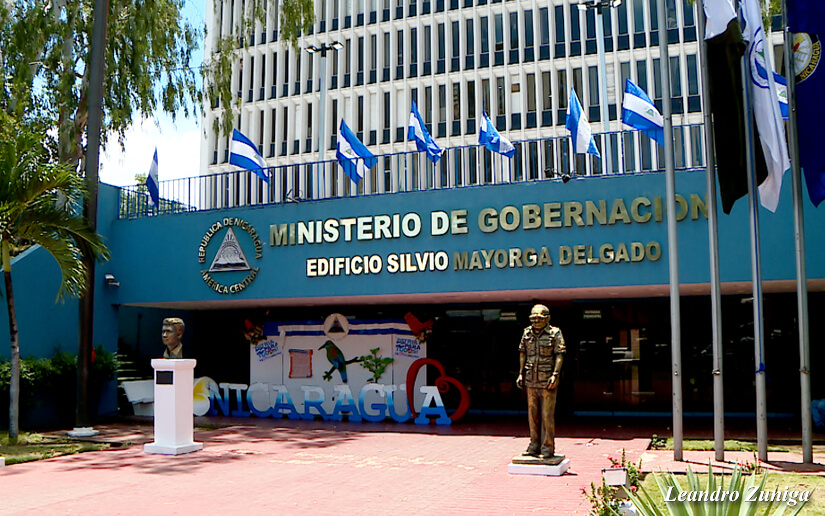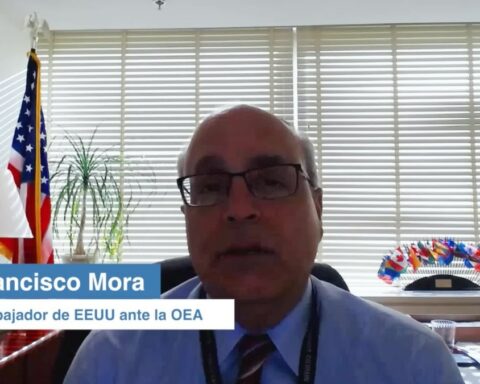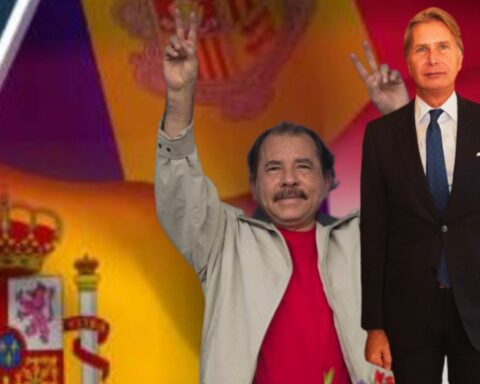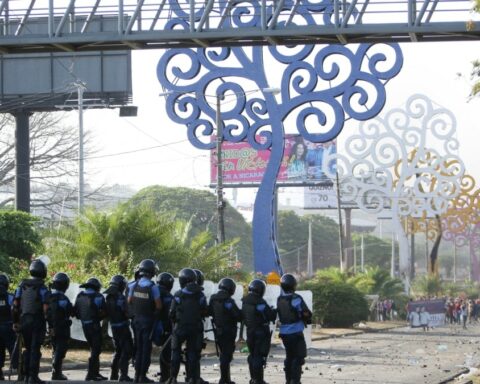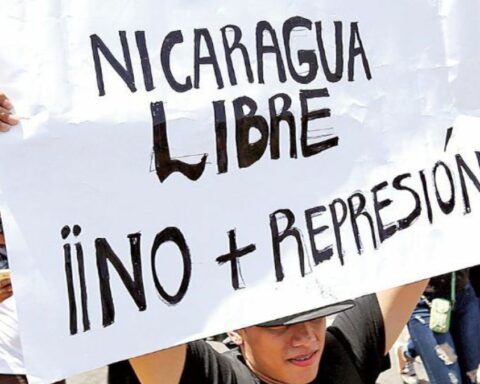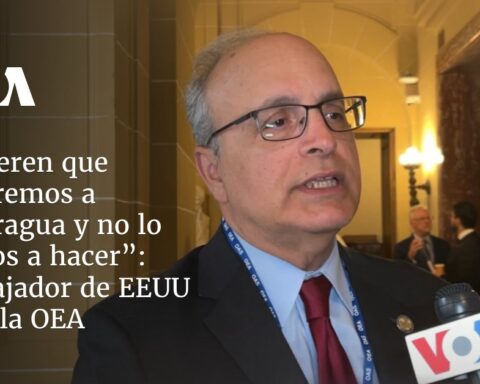Through the discussion “New Law of NGOs in Nicaragua”, carried out by the Central American Network for the prevention of money laundering (RedActivos), Nicaraguan specialists analyzed how the implementation of the General Law of Regulation and Control of Non-Profit Organizations ( Law 1115) violates a series of rights to the same organizations and citizens in general.
The experts pointed out that rather than reduce the risks of money laundering in the country, what the Daniel Ortega regime seeks is to crush democracy, freedom of expression and the right to organize, among others.
The National Assembly, controlled by Ortega, approved Law 1115 on March 31, which regulates and controls non-governmental organizations (NGOs). In the last four years, more than a hundred have been outlawed by the Ortega regime.
Related note: Foreign Agent Law in Nicaragua and El Salvador: Who Follows Who?
Uriel Pineda, a lawyer specialized in Human Rights, considered that the main objective of the regime “is not only to silence but to co-opt any organizational space”, that is, “there is a corporatist vision, by virtue of which citizen participation or social organization they have to be within the established controls.”
Meanwhile, the environmentalist and director of Fundación del Río, Amaru Ruiz, pointed out that only eight of the 57 articles of the law establish some level of reference to the issue of money laundering, financing of terrorism and financing of weapons proliferation.
“More than a law that allows reducing the risk of money laundering, financing of terrorism and financing of weapons proliferation, what has become a sword of Damocles against civil society organizations in Nicaragua,” said Ruiz. .
Organizations maintain prevention mechanisms against money laundering
Ruiz recalled that organizations have developed mechanisms to prevent money laundering that have to do with accountability to donors (recognized international organizations that give legitimate resources); to its internal governance (directives); to financial institutions such as banks in which they manage their resources; their beneficiaries, that is, the population they serve; and towards public institutions such as the Ministry of the Interior, General Directorate of Revenue and the Nicaraguan Institute of Social Security.
Related note: UN: Ortega “has intensified the reduction of civic space” by massively canceling NGOs
For his part, the economist and analyst, Enrique Sáenz, explained that the authorities use this new regulation “to crush the right to organize and then to pretend that they are preventing money laundering when in reality the real money laundering in large numbers, indicated internationally, is covered by the institutions of the State”.
Sáenz lamented that the great loser of this whole situation (cancellation of organizations) is the Nicaraguan population, which no longer receives the services and attention provided by NGOs, which greatly improved their living conditions in areas such as health, education, social protection, among others.

